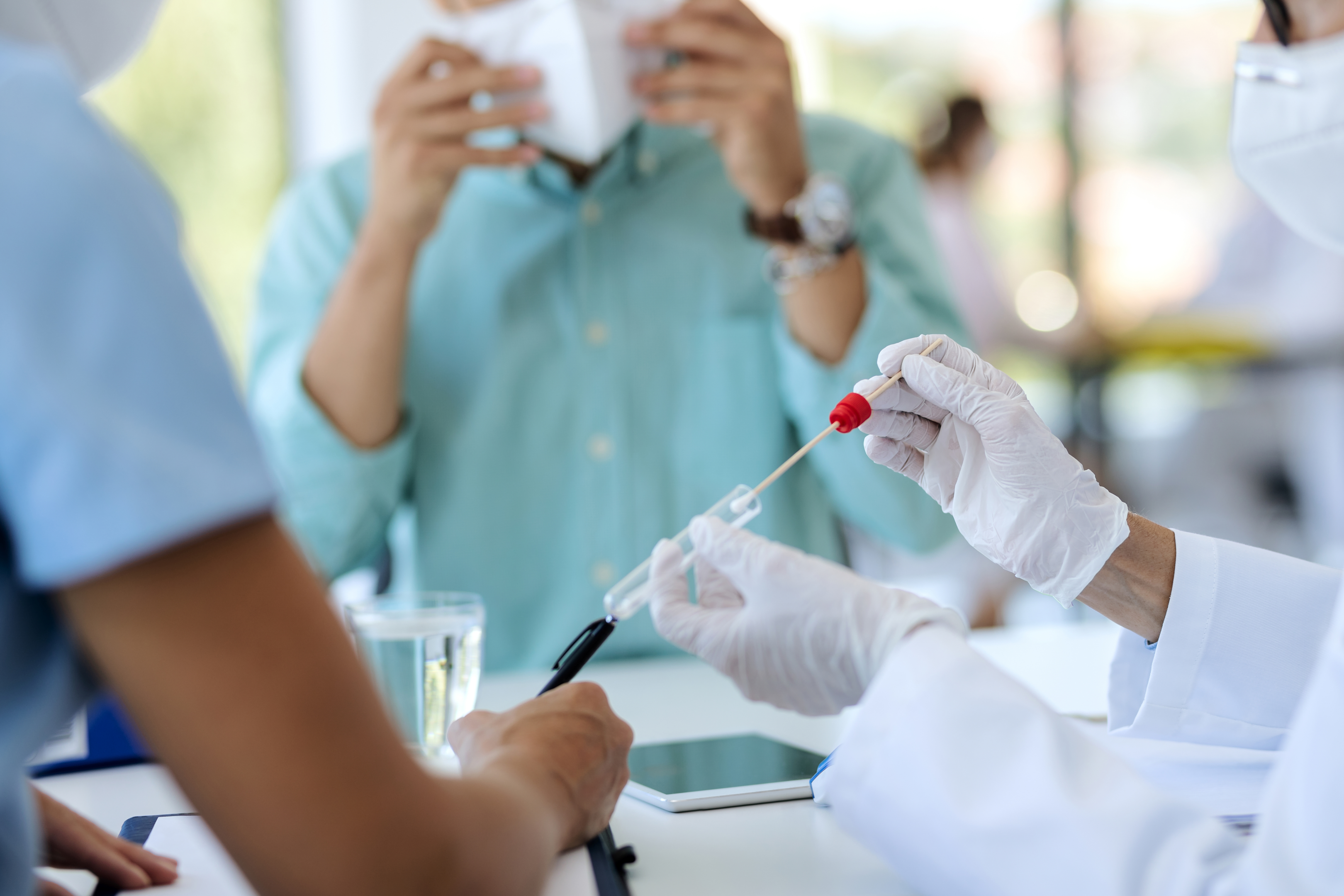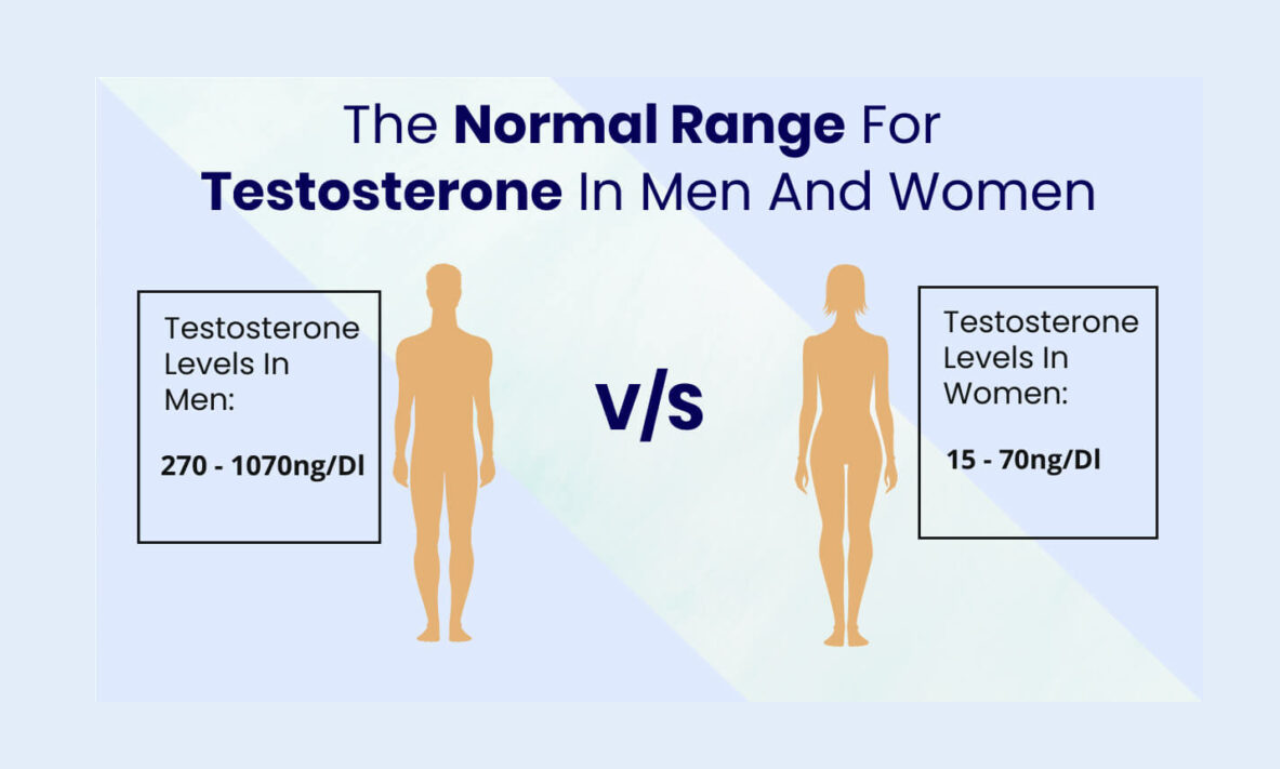
 Instagram
Instagram
Related products
Who should use a testosterone blood test?
.png?v=1673535661314)

Related products
Testosterone is a hormone that helps produce cell growth in males. Testosterone levels naturally go down with age, but other factors can play a role in declining testosterone levels in the body, such as increased stress and illness. There are several ways to measure total male sex hormone testosterone levels, including testosterone levels via blood samples and saliva samples.
These blood tests are called testosterone blood tests. Healthy testosterone levels can play an important role in maintaining good health. After all, it keeps your blood sugar stable and helps build muscle tissue. While most men know that testosterone levels vary with age, it's less common to know what factors can affect that daily fluctuation.

Most men will never need to test their testosterone levels. However, certain conditions may require your doctor to test your testosterone level. Understanding the different conditions that can lead to high or low test levels can help you make informed decisions about testing at some point in your life. A blood test to check your testosterone levels has long been used to recognise men at risk for prostate cancer and other diseases related to low testosterone. Also, you may want a blood test if you notice any unusual symptoms such as hair loss, weight loss, or acne that persist over time - especially if you're over 40.
Who can benefit from testosterone testing?
Do you have any unusual symptoms? Is your sex drive low? Are you experiencing hair loss? Do you feel like your weight is fluctuating? Is your skin breaking out? All of these things could signify that you're feeling fatigued or under the weather, but what if it's more than that? What if there's something else going on with your body that could be causing these problems?

Testosterone is a hormone produced in men, but it's also found in women and children. Testosterone is the main hormone responsible for masculine characteristics like hair growth, muscle mass, libido, and strength. It's also important for bone health, fat distribution, and cognition. In addition to these physical functions, testosterone helps regulate moods such as anxiety and depression.
Testosterone levels can be affected by a number of factors, including age, genetics, lifestyle choices, environment, exercise, stress, and other factors. If you notice any unusual symptoms such as hair loss or weight loss, acne, or even fatigue, then it could be that your testosterone levels are not functioning properly.
What are normal testosterone levels for men and women?

Testosterone is a male sex hormone that's produced in the testes. It plays an important role in sexual development, libido, and fertility. Additionally, it keeps muscle mass and bone density intact.
Testosterone levels vary between men and women. In general, men have higher testosterone levels than women. The normal range for testosterone in men is between 300 and 1,000 ng/dL; for women, it's between 30 and 70 ng/dL.
Suppose you're concerned about your testosterone level or have any symptoms of low testosterone that aren't explained by your age or lifestyle choices. In that case, it may be worth checking in with your doctor for testosterone levels test.
Why does low testosterone occur?

Numerous factors can cause low testosterone levels. Among the most typical are:
-
Diseases and conditions affect the pituitary gland (located at the base of the brain) and hypothalamus (an area of the brain that regulates hormone production). These include hypothyroidism (underactive thyroid function), pituitary tumours, and tumours in other parts of the body that affect hormones.
-
Damage to a man's reproductive system. This can be caused by injuries or surgeries, cancer treatments that damage the testicles or prostate gland, radiation therapy for cancer treatment, and erectile dysfunction (impotence) from diabetes or high blood pressure
-
Certain medications like antidepressants or antibiotics can interfere with hormone production
If you have concerns about your testicles or sexual health, speak with your doctor about how best to address them.
Testosterone Replacement Therapy

Testosterone replacement therapy is a treatment option for men with low testosterone levels. Testosterone replacement therapy can help improve sexual function, energy levels, muscle mass, and bone strength. In addition to these benefits, it has been shown to reduce the risk of prostate cancer and other conditions in men.
The most common symptoms of low testosterone levels are lack of interest in sex, decreased sex drive, erectile dysfunction (ED), depression/mood disorders/anxiety, body hair loss/thinning or increased facial hair growth (hirsutism), acne or oily skin (androgenic alopecia), balding on the top of your scalp (androgenic alopecia).
Conclusion
Testosterone levels affect many aspects of your health and well-being, making testing all the more important for testosterone deficiency. It doesn't matter whether you're a man or a woman—you may want to test your testosterone levels if you've noticed any unusual symptoms. If you're experiencing a known testosterone deficiency and don't feel like your doctor is addressing the issue, you can also consider taking matters into your own hands. A testosterone test would provide further information, allowing you to take action accordingly.
Want to learn more? Read our other testosterone articles:





























 Rated Excellent by 26,523+ Reviews
Rated Excellent by 26,523+ Reviews